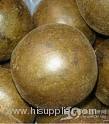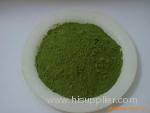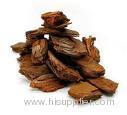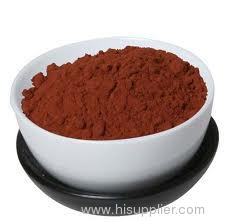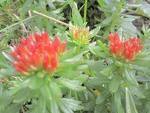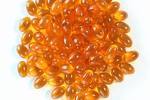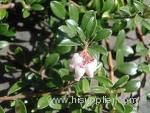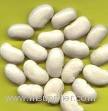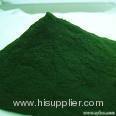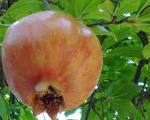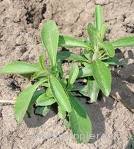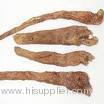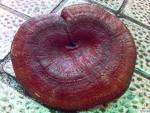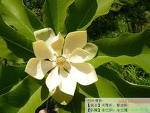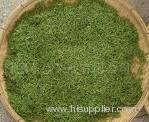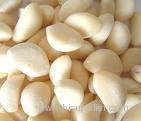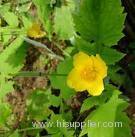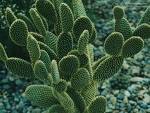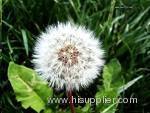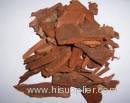|
PHYTO NUTRACEUTICAL INC
|
THP dl-Tetrahydropalmatine
| Payment Terms: | T/T,WU |
| Place of Origin: | , China (Mainland) |
|
|
|
| Add to My Favorites | |
| HiSupplier Escrow |
Product Detail
Ease pain Phenobarbital, Partial anesthetic Prevent early high blood pression
Active Ingredient: THP dl-Tetrahydropalmatine
Specification: 80%
Test Method: HPLC
Corydalis Yanhusuo 80% THP Extract dl-Tetrahydropalmatine
English Name:
Corydalis Yanhusuo
Latin Name:
Corydalis yanhusuo W.T. Wang
Corydalis yanhusuo W.T. Wang
Part Used:
Root
Root
Synonyms:
Corydalis Rotundine Caseanine Hyndarine
Corydalis Rotundine Caseanine Hyndarine
Pharmacology:
Ease pain Phenobarbital, Partial anestheticPrevent early high blood pression
Ease pain Phenobarbital, Partial anestheticPrevent early high blood pression
Corydalis has been used in Traditional Chinese Medicine as a blood mover, sedative and painkiller since the eighth century A.D. in China. Today, it is still used alleviate abdominal and menstrual cramps and as an herbal sleep aid to relieve insomnia. Moreover, it is thought to protect against heart attacks and stroke, and is said to be a superior herb for increasing blood circulation, moving stagnant blood and improving heart arrhythmia.
Corydalis is a bitter, slightly acrid and warm herb that has been used effectively as a sedative and tranquilizer. Of the full range of alkaloids, the most powerful of these, tetrahydropalmatine (THD), has demonstrated many pharmacological actions on the central nervous system. When properly used, Corydalis has been effective in easing palsy, trembling hands and general excitement. It has also been employed to help treat anxiety, restless leg syndrome and has been included in herbal preparations for Parkinson's disease.
As a sedative, Corydalis is said to induce sleep without adverse side effects, which is of great help to those who suffer from insomnia. The alkaloid, dl-THP, has been found to block certain receptor sites (i.e., dopamine) in the brain to cause sedation. In human clinical trials, patients with insomnia who were given dl-THP have demonstrated an improved ability to fall asleep, and there were no drug hangover symptoms, such as morning grogginess, dizziness or vertigo reported by those people taking the alkaloid extract. Corydalis is also thought to increase the sleep-inducing effect of barbiturates. The herb is said to be particularly useful for counteracting the effects of caffeine or amphetamines.
Corydalis is also considered an herbal analgesic and antispasmodic that diminishes pain. The THP acts on the central nervous system to reduce nerve pain, and reports from Chinese researchers have noted that the herb was effective in reducing nerve pain in seventy-eight percent of the patients tested. As a painkiller, Corydalis is believed to be especially helpful in cases of dysmenorrhea (painful menstruation) and abdominal pain after childbirth. It is also said to relieve abdominal cramping and spasms (confirming the herb's historic applications in Traditional Chinese Medicine). Its painkilling effects also help to relieve headache and lumbago, as well as the pain of traumatic injury.
Didn't find what you're looking for?
Post Buying Lead or contact
HiSupplier Customer Service Center
for help!

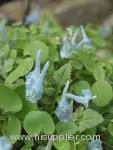
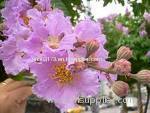




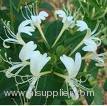
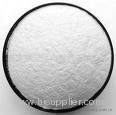
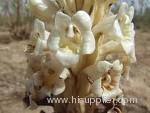

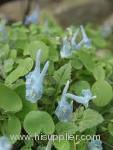


.gif)



